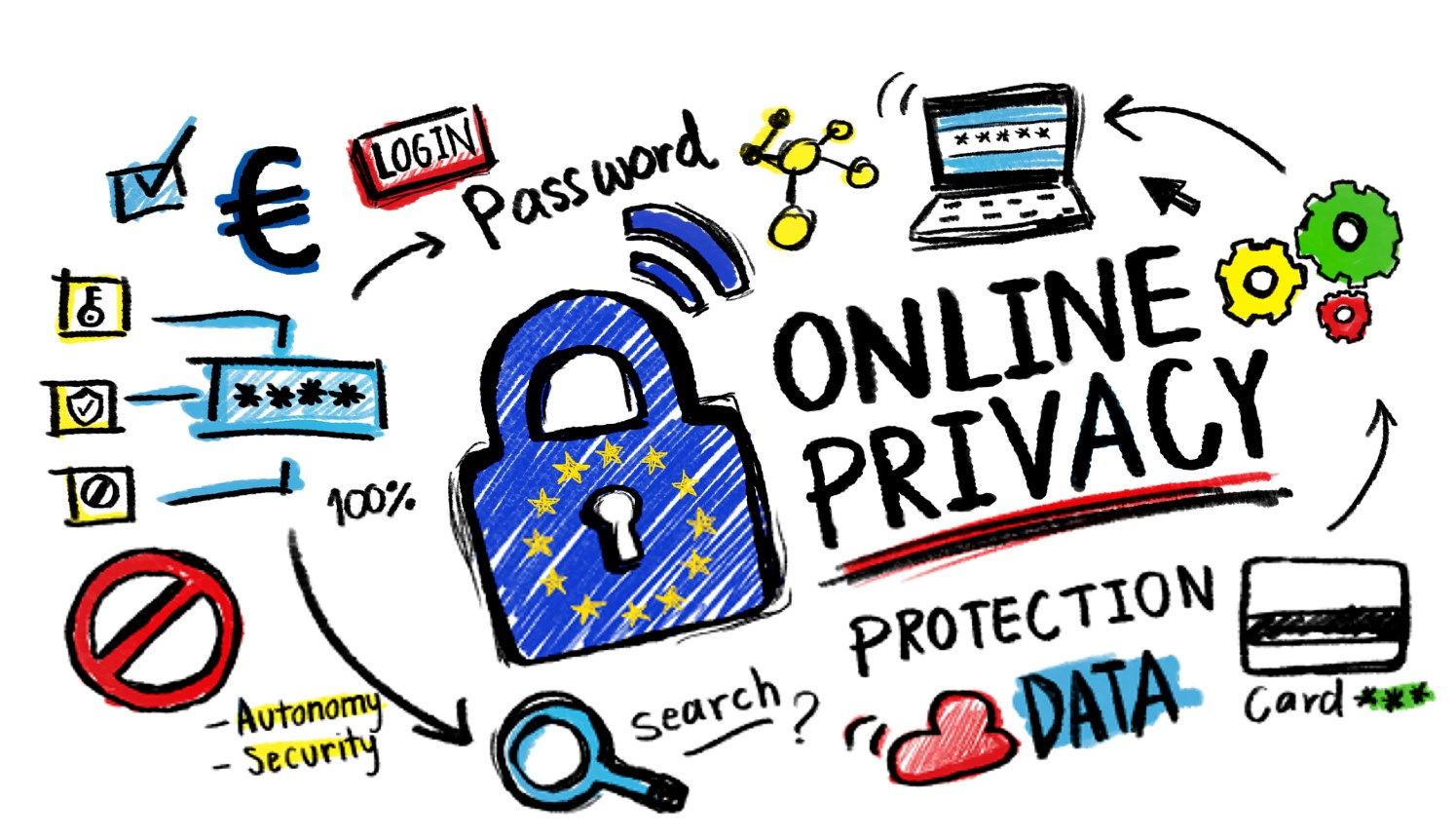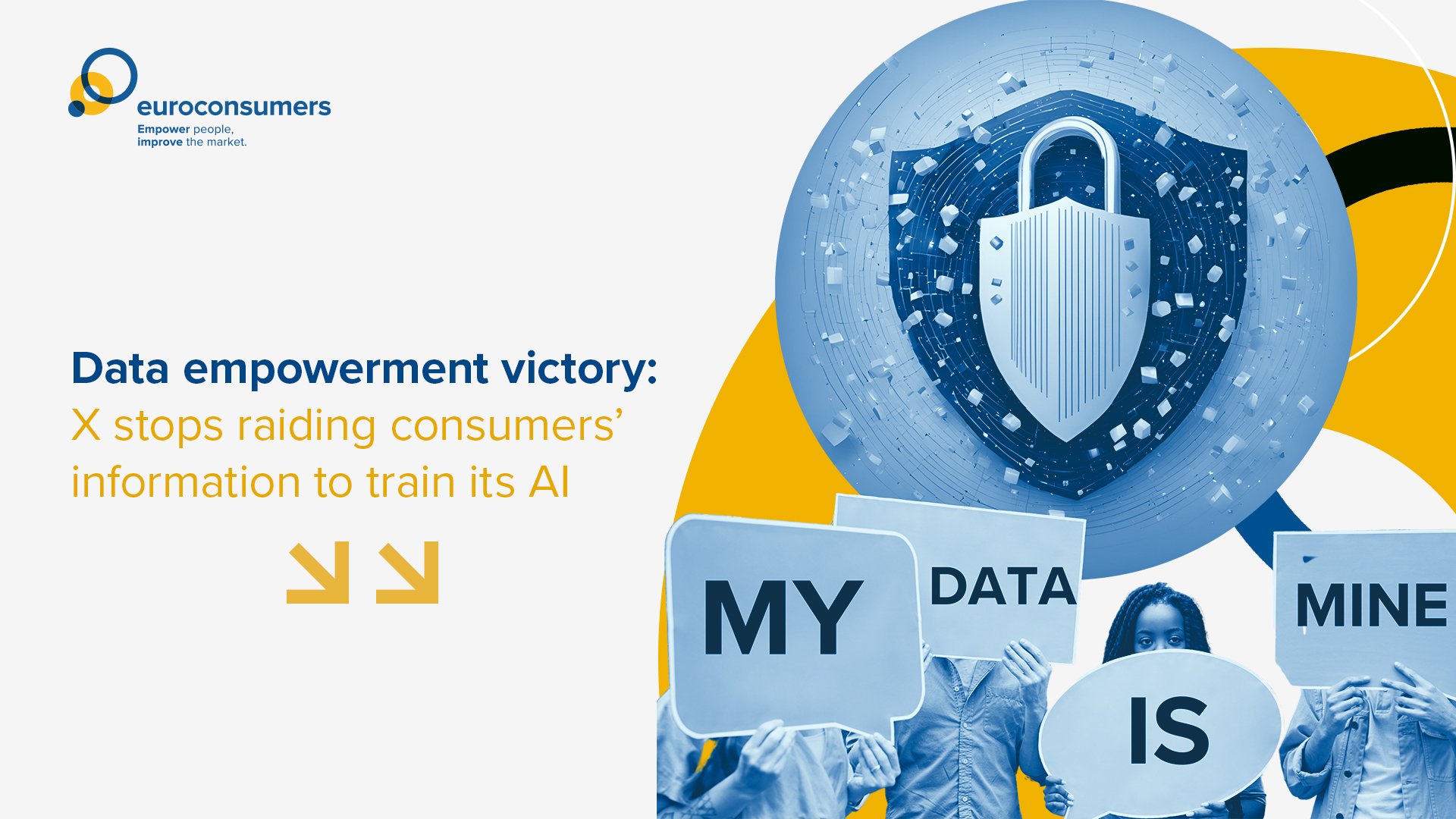
Navigating Privacy in the Digital Era: Microsoft’s Commitment
In today’s digital landscape, privacy is no longer just a luxury; it’s a necessity. As individuals, we often find ourselves wrestling with how much of our personal information we are willing to share in exchange for convenience. Microsoft has taken a firm stance in promoting user privacy, leading the charge with various policies and tools aimed at empowering users in their digital interactions.
The Use of Cookies and Personalization
At its core, Microsoft’s approach hinges on the use of cookies to gather data. This practice is not unique to Microsoft; many tech giants leverage cookies to enhance user experience by providing personalized advertisements and content. Microsoft, along with its partners, uses cookies to store unique identifiers which help tailor the information shown to users on platforms like MSN and Bing.
“If you agree, Microsoft leverages your preferences to personalize the experience, creating tailored content that resonates with you.”
This personalization, however, opens up a Pandora’s box of ethical questions surrounding consent and data privacy. Users are presented with options to either consent to cookie usage or manage their settings. It’s a careful balancing act—one that demands transparency and respect for user choice.
 Privacy in the Digital Era
Privacy in the Digital Era
Understanding Data Processing and Geolocation
The issue of privacy extends beyond consent; it also touches upon the types of data being processed. Microsoft and its partners engage in detailed data processing to provide precise geolocation data. This information is vital not only for personalizing content but also for creating accurate and useful applications. The ability to pinpoint a user’s location can offer significant benefits, including enhanced functionality in services like mapping and regional news.
However, this capability raises alarms for many users who worry about the continuous tracking that accompanies such features. It is vital for companies to clarify how this data is used, underlining the importance of active user engagement and control over personal information.
A Commitment to User Empowerment
Microsoft’s privacy policies emphasize one principle: user empowerment. By providing users with the option to manage their consent actively, the company fosters a culture of involvement rather than passive acceptance. This shift aims to ensure that users are not just data points but active participants in their data management journey.
Through ongoing transparency about what data is collected and how it is utilized, Microsoft hopes to build trust—a currency that is becoming increasingly valuable in today’s digital marketplace.
 Empowerment in Privacy Policies
Empowerment in Privacy Policies
Consumer Rights and Digital Consent
One of the critical components of modern digital privacy concerns is the user’s right to dissent. While many are willing to share their data for a more customized experience, others are equally adamant about their right to privacy. Microsoft acknowledges this by allowing users to exercise their choice: it’s either consent or opt-out.
The dialogue around these consent options is vital. As users, educating ourselves about our rights and actively participating in discussions surrounding data privacy can empower us to make informed decisions. Empowerment comes from knowledge—an essential understanding of how our data can be used and how consent affects our relationship with technology.
Conclusion: Embracing the Future with Caution
As we navigate the complexities of modern technology, it’s clear that privacy challenges will remain a significant concern. It is essential for companies like Microsoft to continue evolving their privacy policies, ensuring that users feel secure and informed.
With proactive measures, users can enjoy personalized experiences without sacrificing privacy. Just as we adopt new technology, we must also ensure that our rights are honored. It’s a joint responsibility—one that necessitates vigilance, understanding, and informed decision-making.
In an age where our digital footprint can seem nearly limitless, let’s advocate for our privacy in the spaces we occupy online, promoting a future where technology serves us, not the other way around.















